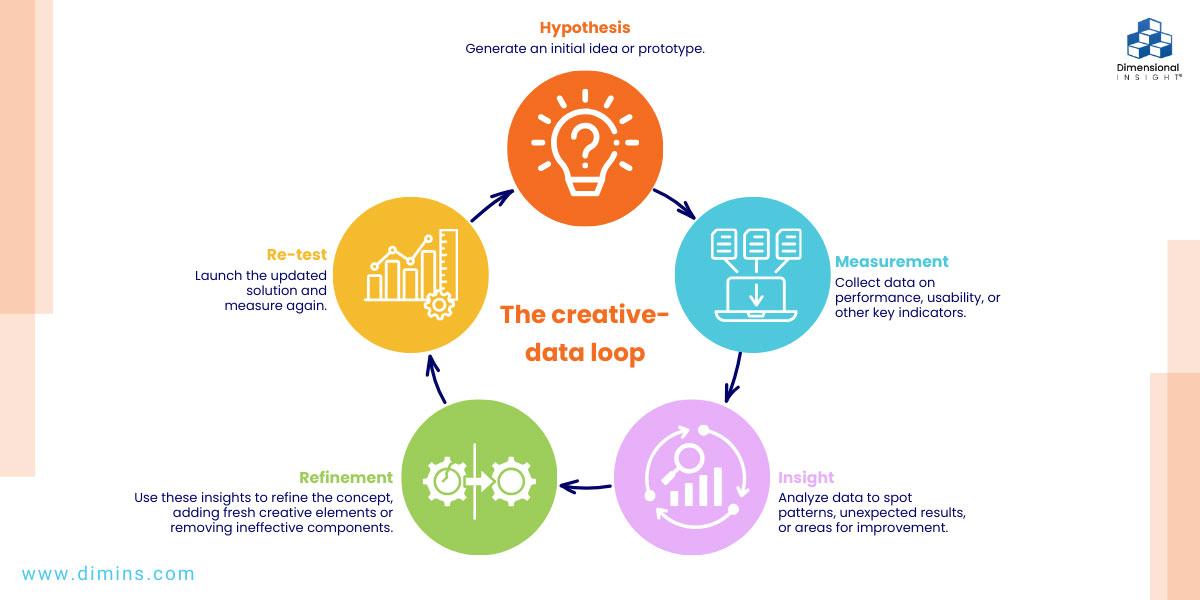top Strategies for Success as a Data Insights Manager in Education
Are you passionate about leveraging data to drive meaningful change in the education sector? As more universities, colleges, adn schools integrate education technology into their operations, the demand for skilled professionals in roles such as Data Insights Manager continues to rise. This in-depth guide will explore the top strategies for success in this dynamic and impactful role, highlighting essential skills, career benefits, and actionable tips for those aiming to thrive in the field of education data management.
Understanding the Role of a Data Insights Manager in Education
The role of a Data Insights Manager in education centers around converting complex data sets into actionable insights to inform decision-making and optimize learning outcomes.Whether you’re enhancing student success, streamlining institutional operations, or supporting faculty development, your ability to draw meaningful patterns from educational data is invaluable.
- Data Collection & Analysis: Oversee the collection and examination of student performance, enrollment trends, and digital engagement metrics.
- Reporting: Create clear data visualizations and presentations for educators, administrators, and policy-makers.
- Strategic recommendations: Inform curriculum improvements,identify at-risk students,and recommend technology adoption strategies based on data.
- Collaboration: Work closely with IT, academic departments, and administrative teams to align data-driven initiatives with institutional goals.
Key Skills for Success as a Data Insights Manager in Education
To excel in this role within educational institutions, developing a mix of technical, analytical, and interpersonal skills is essential.Below are the core competencies that will set you apart:
- Data Literacy: Proficiency with data analytics platforms (e.g., Power BI, Tableau, or Google Data studio) and familiarity with educational software systems (SIS, LMS).
- Statistical Analysis: Strong understanding of statistics and ability to apply them to real-world educational challenges.
- Communication: Present complex data in accessible ways for non-technical stakeholders.
- Problem-Solving: Identify pain points in current processes and propose evidence-based improvements.
- Project Management: lead cross-departmental projects efficiently, keeping stakeholders aligned on timelines and outcomes.
- Ethical Data Use: Ensure compliance with FERPA, GDPR, and other data privacy standards relevant in education.
Top strategies for Success as a Data Insights Manager in Education
Securing and thriving in a Data Insights Manager position within a university, college, or school requires both savvy strategy and continuous learning.Here are proven approaches to help you make an impact from day one:
1. Cultivate Deep Domain Knowledge
- Stay up-to-date with major trends in education technology and data-driven pedagogy.
- Understand the unique metrics that matter in educational settings, such as student persistence, retention rates, and digital engagement.
- Participate in relevant webinars, conferences, and forums to expand your perspective.
2. Prioritize Data Quality and Transparency
- Design robust data collection processes to ensure accuracy and reliability from the outset.
- Foster a culture of transparency around data sources, methodologies, and findings.
- Conduct regular data audits and encourage open communication about data limitations or gaps.
3. Champion Data Literacy Across the Institution
- Offer workshops,tutorials,and one-on-one support for educators and administrators.
- Develop clear, user-pleasant dashboards that empower non-technical staff to make informed decisions.
- Break down barriers to data adoption by tailoring communication styles to different audiences.
4. Align Data Initiatives with Institutional Goals
- Map your insights to the organization’s mission, vision, and strategic priorities.
- Set measurable targets and KPIs for each data-driven initiative.
- Regularly review progress and adjust strategies based on real results and feedback.
5. Master Education-Specific Tools and Platforms
- Gain expertise in student information systems (SIS), learning management systems (LMS), and assessment analytics platforms.
- Stay aware of new and emerging edtech tools that could add value to your institution.
- Engage with vendor communities to troubleshoot, share best practices, and learn about product updates.
6. Collaborate for Interdisciplinary Impact
- Work with academic staff, IT teams, institutional researchers, and student services for holistic data projects.
- Encourage input from stakeholders at every stage to improve data accuracy and relevance.
- showcase accomplished cross-departmental initiatives as case studies for broader institutional change.
Benefits of Working as a Data Insights Manager in Education
A career as a Data Insights Manager in education technology offers a host of rewarding benefits,both professionally and personally:
- Tangible Impact: Directly influence student achievement,educational equity,and institutional effectiveness.
- Professional Growth: Access to cutting-edge tools, ongoing training, and opportunities for advancement in data science or educational leadership.
- Job Security: Growing demand for data-driven roles across education ensures long-term career prospects.
- Collaborative Environment: Work within passionate,mission-driven teams committed to advancing knowledge and innovation.
- Dynamic Challenges: Face varied, intellectually stimulating challenges unique to the evolving landscape of education technology.
Practical Tips for Landing a Data Insights Manager Role in Education
Ready to take the next step? Here are targeted strategies to secure your place as a top candidate for data management positions in education:
- Build a Portfolio: Compile real-world examples of your work with educational data sets—include dashboards, reports, and case studies.
- Earn Relevant Certifications: Pursue certificates in data analytics, educational technology, or project management (e.g., Google Data Analytics, PMP).
- Network in EdTech Circles: Connect with professionals on LinkedIn or join relevant associations to learn about opportunities and best practices.
- Customize your Resume: Tailor your CV to highlight accomplishments in education sector analytics and emphasize outcomes,not just responsibilities.
- Prepare for Interviews: Be ready to discuss how you’ve turned data insights into measurable improvements in previous roles, and how you handle ethical or privacy concerns.
Conclusion: Shaping the Future of Education Through Data
As a Data Insights Manager in education technology,you are at the forefront of transforming how institutions leverage information for academic success and operational efficiency. By honing your technical skills, embracing a collaborative mindset, and championing data literacy, you’ll play a critical role in shaping the future of universities, colleges, and schools.With the right strategies, your expertise will open doors to meaningful career growth and lasting impact in the world of education.

